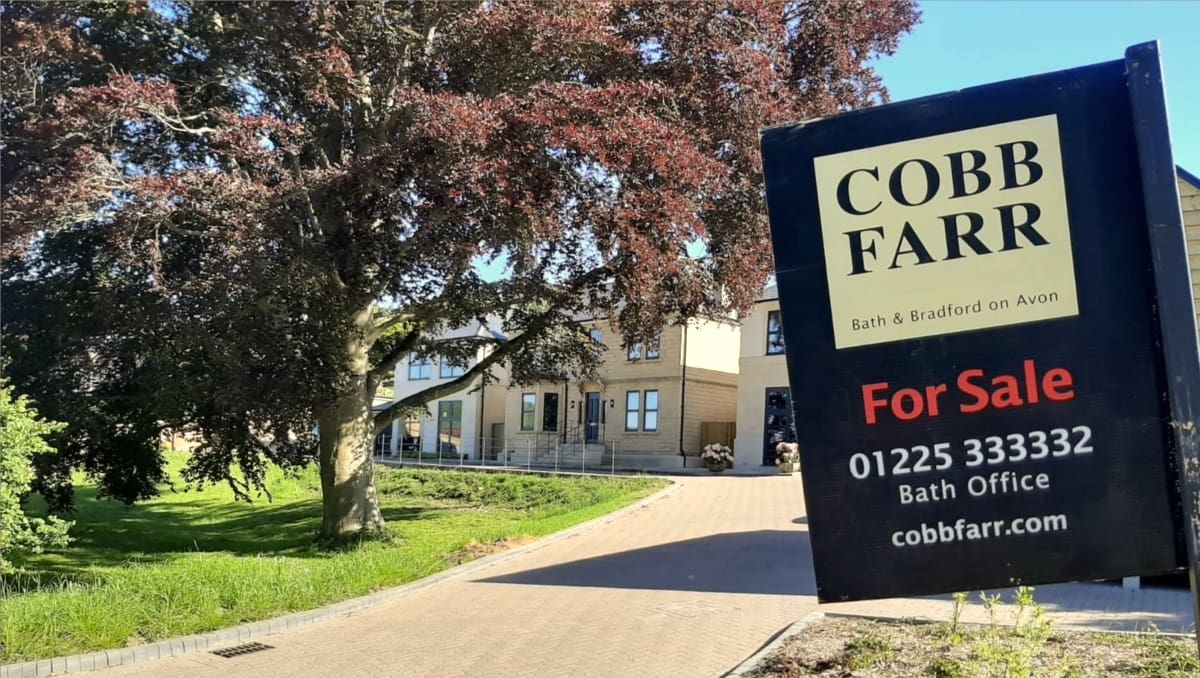The housing market is reportedly buoyant. In fact, one in 16 houses changed hands in 2021, the most recorded since 2007.
Are you considering buying a home for the first time, upgrading to a new home, or downsizing? If so, you’ll know how much time goes into searches when buying a house.
Let’s look at what searches when buying a house need doing and how long searches take so you’re up to speed before you begin your journey.
What Are Searches When Buying a House?
Home searches on the internet before arranging viewings have become the norm. Rightmove reported that in 2021, it had 208 million visits per month, while Zoopla figures are not available for comparison.
Some agents, including us, will sell properties that offer a 3D virtual tour to help speed up the process.
In today’s market, where competition is fierce and fewer homes available, there’s no right or wrong answer on how many homes you view when buying a house. Some buyers fall in love with the first house they see.
Others, when searching for homes, will consider several properties for comparison purposes. However, according to a Which Mortgage report, around 40% of buyers view fewer than five properties before making an offer.
Once you’ve found your ideal property and your offer is accepted, it’s time for the background work to begin. This is when different searches conducted by your solicitor take place during the conveyancing process.
What Searches Are Done When Buying a House? Conveyancing Searches
If you’re taking out a mortgage to buy your property, you will need to have searches done on your behalf. This is not compulsory if you’re buying a house for cash, although always advisable.
Searches need to be completed and approved before any contracts can be signed and exchanged. After that, you legally commit to buying your property.
Here are the searches, in alphabetical order, that your solicitor may need to do on your behalf. We’ll also answer the question: how long do searches take when buying a house?
Chancel Searches
A chancel repair obligation is where houses close to a local church have to pay for the church’s upkeep. Some older properties in some parts of England are still legally required.
This search, which takes just a few days, will tell you if you are liable for this type of cost. However, the law changed in 2013, so the church has to lodge its liability with the Land Registry.
In some instances, you may decide to take out chancel repair insurance if your solicitor advises your home has such an obligation.
Coal Mining and Brine Search
This search looks at whether or not there is a mine-related issue with the land your property sits on. For example, there are several former mines in the Bath and Somerset area.
Your solicitor will check if any problems are identified in areas close to those mines. In the unlikely event of an issue, your solicitor will advise you of the problem and what can be done to reduce any risk.
They can also advise you on whether or not you need to take out any insurance to mitigate the risk. Your solicitor will check with the Coal Authority’s online service and let you know if you need a mining report.
Environmental Searches
This is one of the most critical searches because it will determine if the property you hope to buy is built close to or on contaminated water or land.
It will also look at whether your future home is close to old landfill sites. Sometimes a mortgage will depend on this type of search before a mortgage is formally offered.
You need this type of search for several other reasons. For example, to ensure your home is not at risk of flooding. Also, some newer homes are built on land used for industrial purposes in the past.
The search will check there are no toxic materials in the ground. The whole point is to ensure that your future home isn’t a health risk to you and help ensure you can sell your home later.
It can take up to several weeks for these searches to be conducted, but it’s much less in some cases. We record how long each local authority takes to return searches, so you have a clearer idea of how long the process takes.

Land Registry Searches
Legally, our solicitor must check that the property you’re buying is lawfully owned by the person selling it. This is done via the Land Registry, a UK Government department.
In addition, your solicitor will check the “title plan” and the “title register.” These checks can be done quickly, and your purchase or sale cannot go ahead without them.
Local Authority Searches
These investigate what information your local authority holds regarding the house you are buying. For example, are there any planning restrictions or permissions relating to the property?
These searches will also give you information about your responsibilities concerning maintaining any roads and paths next to your property.
The time it takes to do these searches can vary enormously, and some local authority searches can take up to six weeks.
In addition, the cost of these searches differs depending upon which authority your home is in. Still, your solicitor will advise you of the expenses at the time.
Water and Drainage
This type of search is necessary to know which drains, sewers and pipes the water authority maintains in the area you’re buying in.
This type of search is also conducted to determine where the public sewers are concerning your property. They’ll also reveal whether the house you are buying has a sewer within its boundaries.
The most important of these are your land registry, local authority, and environmental and water and drainage searches.
Are You Ready to Start the Searches When Buying a House?
Hopefully, you now have a clearer idea of what searches need to be done when buying a house and how long they take.
One of the best things to speed up your search for the perfect home is to work with an experienced and independent estate agent. Contact us to find out how we can help you find your dream home.


